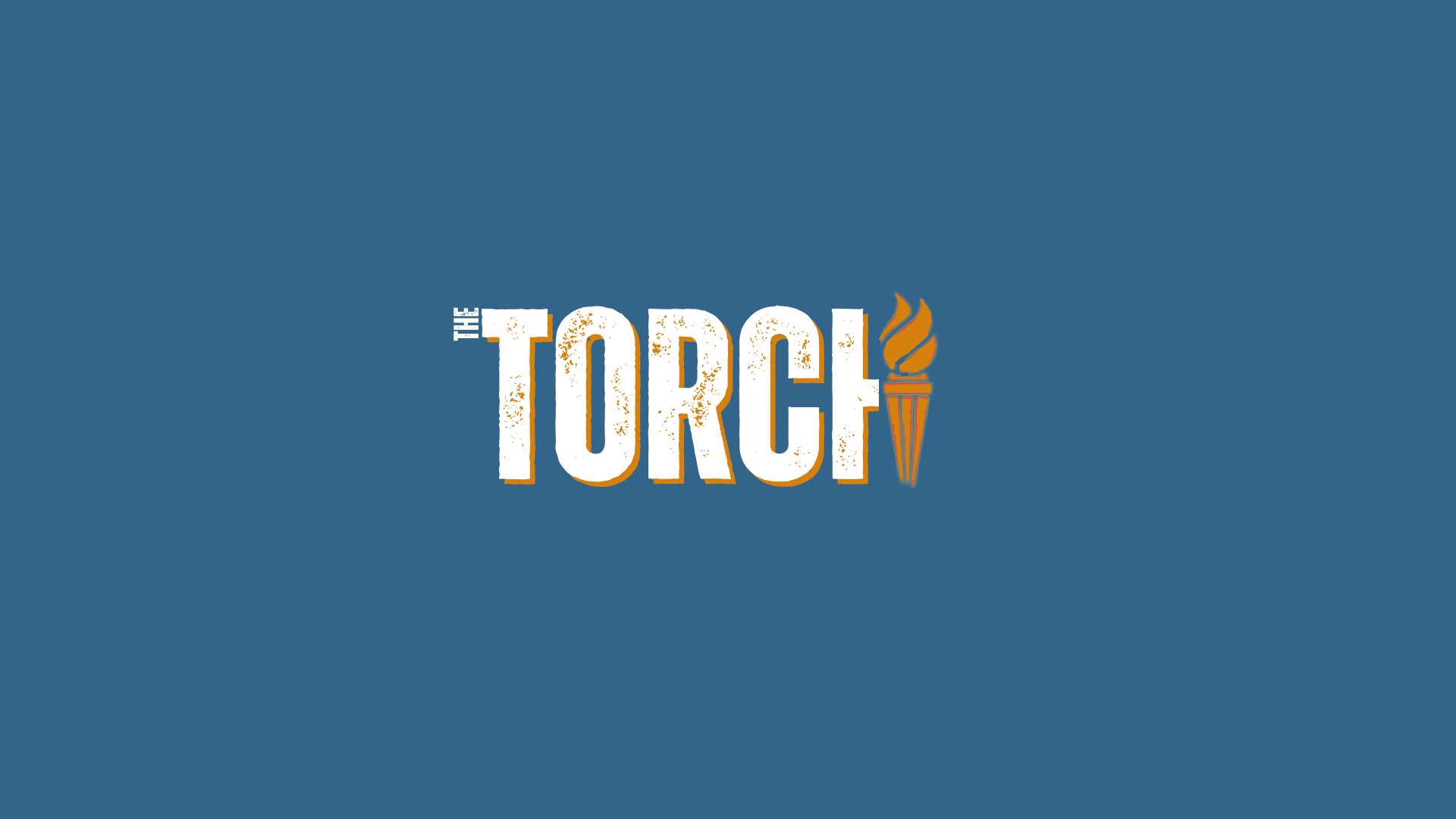Crossing the Line
Donating to the American Red Cross is not be the best option.
November 9, 2017
In the wake of natural disasters, many unaffected people take a philanthropic route to help victims. While donations can vary from food to clothing to time, money is what drives most charities. The American Red Cross is arguably one of the most recognizable charitable organizations across the globe, and boasts revenue of nearly three billion dollars for victims of various plights worldwide. Despite the numerous celebrity endorsements and their use of technology to make donating easier than ever before, leaked internal documents and interviews given by former employees reveal that the American Red Cross is not as credible as originally believed.
In 2015, a scathing article was published by National Public Radio (NPR) on insufficiencies with how the Red Cross responds to natural disasters and the handling of donation money. In the report, the non-profit was criticized for less than adequate responses to crises including extremely limited basic supplies, being remarkably disorganized, and massive food waste due to negligence. Despite raising an astounding 500 million dollars after a magnitude seven earthquake devastated the Caribbean country of Haiti in 2010, NPR found that only six permanent shelters were built. The Red Cross promised to build 700 homes, a staple of the organization’s projects, claiming that nearly 24 million dollars was going into the effort, but looking around will quickly make one realize that next to nothing had been done. The empty promises have left the Haitian people with zero infrastructure change and in homes that lack basic amenities. As for the money itself, the Haitian government has yet to see even a dime.
In another Propublica article covering relief efforts from Hurricane Sandy, a storm that caused devastation from Cuba to the northeast coast of the United States. The Red Cross was criticized for diverting food and supply trucks to press meetings and celebrity photo-ops rather than serve their intended purpose of feeding those in need. Jim Dunham, a former Red Cross supervisor, revealed that trucks that were usually used to deliver aid from the organization would drive around with little or no supplies, and were used more as a public relations stunt than anything helpful.
Despite these negative reports, the American Red Cross was able to campaign for donations for victims of Hurricane Harvey in and around Houston, Texas. Donations from Hollywood A-listers such as Nicki Minaj, Sandra Bullock, Dwayne Johnson, and Ellen DeGeneres poured in, which only added to the promotion of Red Cross’ brand.
Clearly the American Red Cross is here to stay, but with plenty of alternatives that are (at least for the time being) scandal free, some donors have chosen to put their money elsewhere. Justin James (J.J.) Watt, for example, decided to create his own campaign through YouCaring and ended up raising an upwards of 32 million dollars. Apparently, people were willing to donate to charitable organizations other than the biggest names, but 32 million dollars still pales in comparison to the American Red Cross’ nearly 3 billion dollars.
When PBS’s NewsHour brought up the allegations of misuse of money and disorganization to Red Cross chief public affairs officer Suzy DeFrancis, the question was ignored and she diverted their attention to what good the organization have done. When specifics were asked about the trucks that carried no supplies and were nothing more than publicity for the Red Cross, the allegation was simply denied with no further explanation. When it comes to donations, the Red Cross is notoriously vague on how and where they choose to spend it. It’s not until internal documents (unearthed by ProPublica) showed that the little information that is given can be far from reality.
In order to ensure that donation money goes where the donors intended, the solution is simple: donate elsewhere. Big name organizations are not necessarily the best choice when it comes to transparency or trustworthiness; newer and smaller names like the YouCaring set up by J.J. Watt, or the more local GlobalGiving fund are scandal free and non-profits so donors can rest assured that their donations are actually going to help make an impact.
The American Red Cross is by no means evil. Yes, immediate aid may be disorganized, exorbitant amounts of money is being spent haphazardly, and the higher ups in the organization may care just a little too much about public relations. Nevertheless, it does not negate the good that they have managed to do throughout the world. That said, until the issue of transparency and empty promises are remedied, there are better choices out there for donors who want all of their money to go to funding humanitarian aid. In times of great destruction, such as the aftermath of Hurricane Harvey, money is required to revive what was destroyed and victims need all the help they can get. If choosing where to donate between a large and powerful organization that has been caught never actually sending the money they claim to send, and a smaller non-profit with clear intentions of where money goes to, the answer is clear. Haitians have yet to see major changes from the half a billion dollars that was donated over seven years ago. New Englanders were met with confused and unprepared staff who seemed to favor public relations over helping victims of Hurricane Sandy. The American Red Cross is not an entirely trustworthy organization to donate to. From food waste (due to moving perishables for backdrops at press meetings) to straight up lying to victims about the plans to rebuild the devastated infrastructure, it is clear that donating elsewhere with a better track record is likely the best bet.

